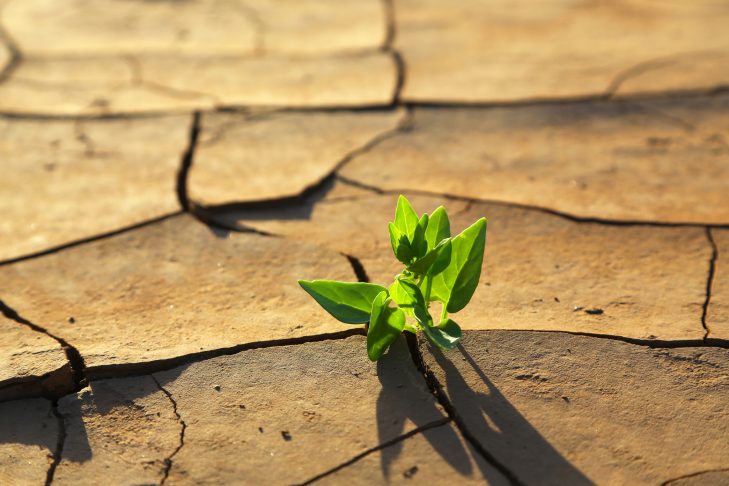In our journey through the month of Elul, the ancient Rabbis call to us across the years. They encourage us to engage in teshuvah – to turn from destructive behaviors and mend our ways. This practice has a special urgency today, following one of the hottest summers on record.
We know that humanity has great power over our environment and the climate. The rabbis shared this same perspective. While this midrash (rabbinic story) was written 1,500 years ago, it’s just as relevant in our own day.
When the Holy One created Adam, God took him before all the trees of the Garden of Eden, saying to him, “See how good and how fine are my works! Everything that I have made, I created for you. Reflect upon this and do not spoil or lay waste to my world. If you spoil it, there will be none to repair it after you.”
(Kohelet Rabbah 7:13)
The midrash concludes without a reaction from Adam. This invites us to ask how Adam might have replied to God’s words. And, by extension, we’re challenged to form our own response to this powerful truth.
Dare we imagine that Adam promised to care for the earth, committing himself and his descendants to tend to it with willing hands, open ears and loving heart?
No matter Adam’s response, we cannot afford to imagine any other answer to God’s warning for ourselves. We do not have the luxury of ignoring this charge with the assumption that the next generation will clean up after us.
This month of Elul is a critical moment for us to consider how the call to teshuvah challenges us to engage meaningfully in the face of climate change. While the reality of human agency in this issue is beyond scientific question, we are blessed by having practical and constructive ways to respond.
The rabbis tell us that we must not spoil the earth. Our scientists tell us that our actions are leading to ruin. The holy path of teshuvah, of honestly assessing the impacts of our actions, is the only path that will lead us to blessing. We must recommit ourselves to being good stewards of the earth, lest there be none to repair our world after us.
As the High Holidays draw close, let’s share this story of God and Adam far and wide. Let’s be guided by its wisdom to craft a world in which we – and future generations – will long endure, embracing the wonders of Creation with awe and in joy!
Rabbi Josh Breindel has served at Congregational Beth El (Sudbury) since 2018. Previously, he served nine years as rabbi of Temple Anshe Amunim (TAA) in Pittsfield, Mass. He earned a B.A. in philosophy with a minor in classics and a concentration in legal studies from Brandeis University. He was ordained at Hebrew College, where he also received master’s degrees in Jewish studies and Jewish education. He and his family love to walk the cool green hills of Boston’s MetroWest.
This post has been contributed by a third party. The opinions, facts and any media content are presented solely by the author, and JewishBoston assumes no responsibility for them. Want to add your voice to the conversation? Publish your own post here. MORE


